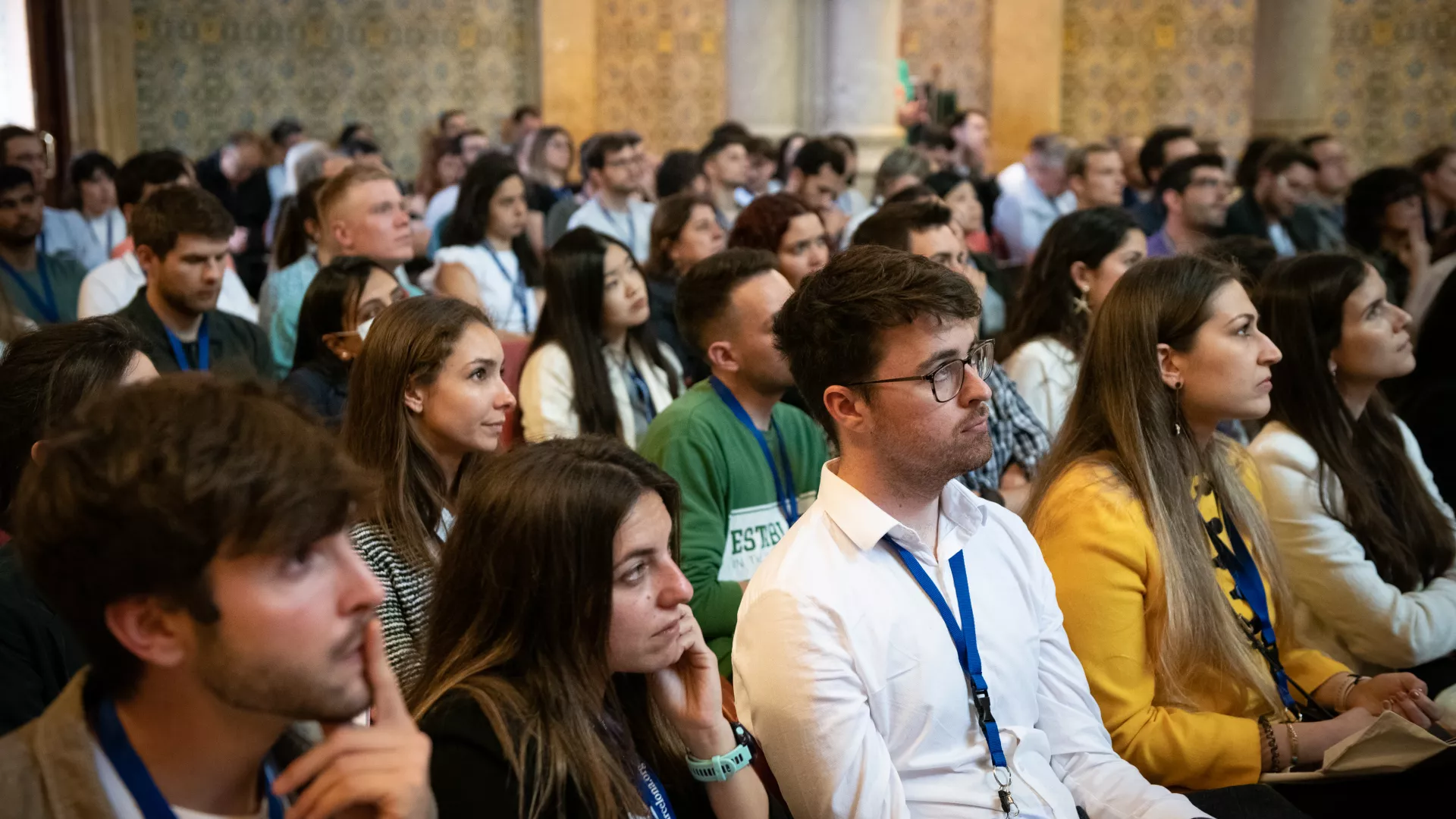Speaker: Tanja Mittag, Ph.D., Associate Member - Department of Structural Biology - St. Jude Children’s Research Hospital - Memphis, USA.
Presentation
Organizer: IRB Barcelona
Date: Tuesday 12 January 2021, 17.00h
Title: "Liquid-liquid phase separation in biology: protein interactions, function and disease implications"
Host: Xavier Salvatella, PhD - Group Leader - Laboratory of Molecular Biophysics, IRB Barcelona.
Abstract
Biomolecular condensates coordinate a variety of important functions in cells including stress responses, RNA metabolism and membrane receptor clustering. Their formation is mediated by liquid-liquid phase separation (LLPS). Here, I will focus on discussing our work on two systems: First, the RNA-binding protein hnRNPA1, which associates with stress granules. Mutations in hnRNPA1 have been characterized that drive familial forms of neurodegenerative diseases. Second, the tumor suppressor SPOP, a substrate adaptor of a ubiquitin ligase which targets substrates in biomolecular condensates and mutations in which lead to a variety of solid tumors. I will use our work on these systems to address the following questions: (1) Which interactions mediate LLPS and can we device protocols to identify them in an unbiased manner? (2) If we know the interaction strengths of adhesive elements in proteins, can we develop models to predict their full phase behavior? (3) Is phase separation required for function or are smaller complexes sufficient for function? Our results are transferable to other phase-separating proteins and provide mechanistic insights into the contributions of structured and disordered domains to phase separation, enzymatic activity inside liquid organelles, and disruption of phase separation by disease mutations.
Biomed Webinar
Open to predoctoral UPF students

